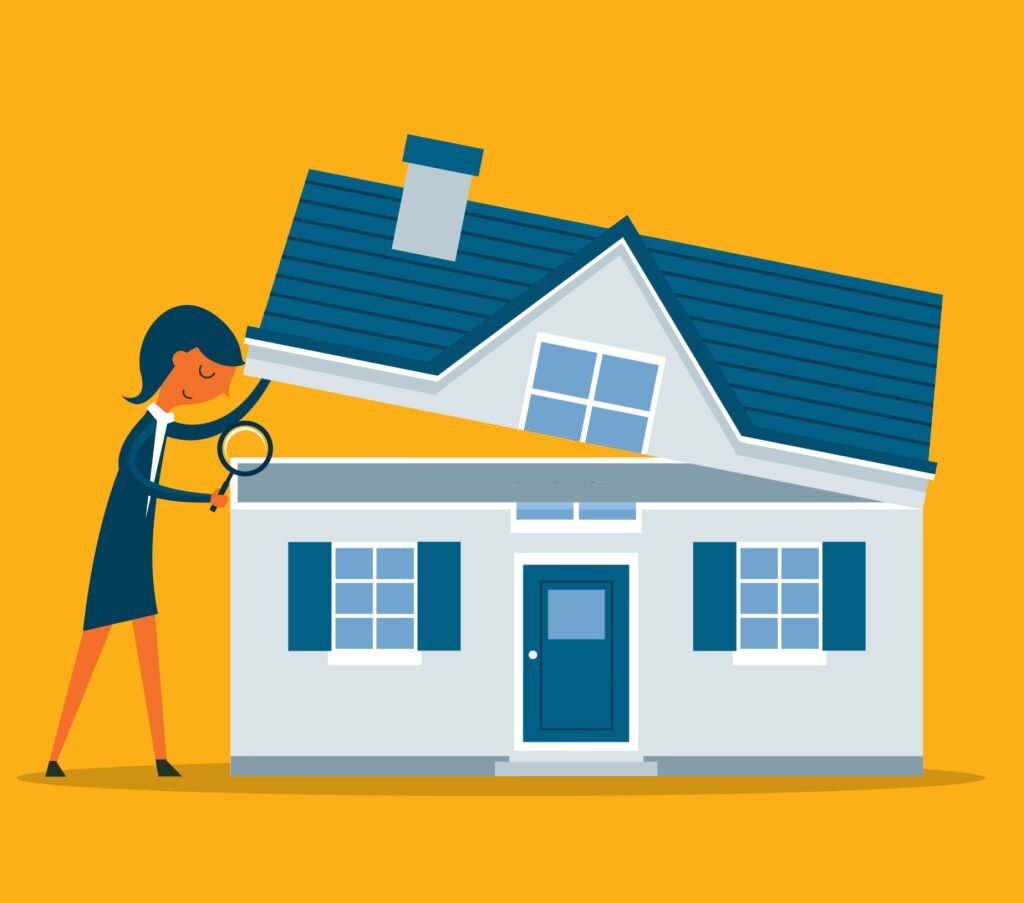Buying or selling a home is a major life event, and when you’re in a vibrant city like Tampa, it’s important to ensure that the property involved is in good condition. Whether you're a first-time buyer or a seasoned real estate investor, understanding what home inspection services Tampa typically include can help you make informed decisions, avoid unexpected expenses, and negotiate with confidence.
Let’s explore the typical components of a home inspection in Tampa, what you should expect during the process, and why these inspections are so vital in Florida's unique climate and housing market.
Understanding the Scope of a Standard Home Inspection
What Is a Home Inspection?
A home inspection is a visual assessment of a property’s accessible areas, systems, and structures. The goal is to identify any issues that may impact safety, function, or value. This includes everything from plumbing and electrical systems to roofing and foundation integrity.
The inspection isn't a guarantee that no problems exist, but it does help reveal visible defects or concerns that could require attention.
Who Benefits from a Home Inspection?
- Buyers use it to understand what they're getting into before closing a deal.
- Sellers may conduct a pre-listing inspection to proactively address concerns.
- Homeowners might schedule inspections for peace of mind or before renovations.
Key Components of a Tampa Home Inspection
Structural Systems
One of the most important aspects of any inspection is evaluating the structural integrity of the property. This includes:
Foundation and Framing
Inspectors check for visible cracks, shifting, or moisture intrusion in the foundation. In Tampa’s humid climate and sandy soils, foundation movement is a concern, especially in older homes.
Roof Structure
Given the frequent thunderstorms and occasional hurricanes in Florida, roof condition is essential. Inspectors assess shingles, tiles, flashing, and any signs of water damage or deterioration.
Walls, Ceilings, and Floors
Cracks, stains, or sagging may point to underlying structural issues or water intrusion, which is especially common in subtropical climates.
Mechanical and Electrical Systems
In a warm, humid city like Tampa, functioning mechanical systems are crucial for comfort and safety.
HVAC (Heating, Ventilation, and Air Conditioning)
Inspectors examine the age, condition, and operation of air conditioning systems. Since Tampa experiences long, hot summers, a poorly functioning AC system can become a major issue for homeowners.
Electrical System
The inspector will open the electrical panel to examine wiring, circuit breakers, and grounding. They’ll also test outlets and look for common safety hazards such as outdated aluminum wiring or overloaded circuits.
Plumbing System
This includes a review of visible pipes, water heaters, toilets, sinks, and drainage. Corroded pipes or slow drains can indicate issues that need repair or replacement.
Interior and Exterior Components
Windows and Doors
Inspectors check for broken seals, rot, warping, and ease of operation. Poorly sealed windows can lead to energy inefficiency and moisture problems.
Garage and Driveway
The condition of garage doors, openers, and even the driveway is typically assessed to ensure they meet safety and functionality standards.
Exterior Walls and Siding
Tampa homes may experience damage from sun exposure, wind-driven rain, or pests. Inspectors look for cracks, peeling paint, or siding issues that could compromise the structure.
Environmental and Safety Considerations in Tampa Homes
Common Local Concerns
Due to Tampa’s location and weather patterns, there are several environmental factors and hazards unique to the area that home inspectors will be particularly vigilant about.
Termites and Wood-Destroying Organisms
Florida’s warm, moist environment is a haven for termites. Though a basic home inspection may not include a termite inspection, many Tampa buyers add it to their checklist.
Mold and Moisture Issues
Homes in humid climates are prone to mold, especially in areas like attics, crawlspaces, and bathrooms. Inspectors often carry moisture meters to detect hidden problems behind walls or under flooring.
Storm Preparedness
Florida homes may have features like hurricane shutters, reinforced garage doors, or impact-resistant windows. Inspectors will note the presence and condition of these protective elements, especially if you're looking for wind mitigation discounts on insurance.
Optional Add-Ons to Consider
Specialized Inspections
Sometimes, a standard inspection isn’t enough, especially in a city like Tampa, where environmental and weather-related risks are common.
Sewer Line Inspection
A camera can be inserted into the sewer line to identify root damage, corrosion, or blockages—issues that can cost thousands to repair.
Radon Testing
While radon levels are typically lower in Florida than in other parts of the country, some buyers still opt for radon testing, especially in newer homes with tight seals.
Pool and Spa Inspection
Pools are common in Tampa homes. An inspector may check the pool structure, equipment, fencing, and safety features to ensure everything is functioning properly.
What Happens After the Inspection?
Inspection Report and Summary
After the inspection, you’ll receive a detailed report outlining:
- Observed defects or safety hazards
- Recommended repairs or further evaluations
- Photos of issues for reference
This report is a crucial tool for negotiations between buyers and sellers. While no home is perfect, the report provides transparency so that everyone knows what to expect.
Making Informed Decisions
Armed with the findings, buyers can:
- Request repairs or concessions from the seller
- Proceed with the purchase as-is.
- Walk away from the deal, depending on the terms of the agreement.
For sellers, having an inspection report in advance can help them set a realistic asking price or address issues proactively.
Final Thoughts
Understanding what’s included in home inspection services Tampa is essential for anyone involved in real estate transactions in the region. From structural systems and electrical components to environmental concerns specific to Florida, these inspections are comprehensive and tailored to the needs of the area.
They not only uncover hidden issues but also provide peace of mind and clarity, whether you’re buying your dream home, selling your current property, or simply trying to maintain your investment. By knowing what to expect and what areas receive the most scrutiny, you can move through the process confidently and informed.
